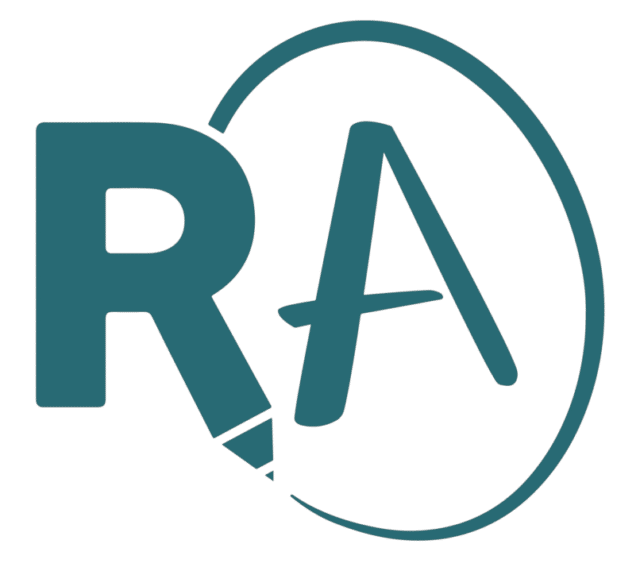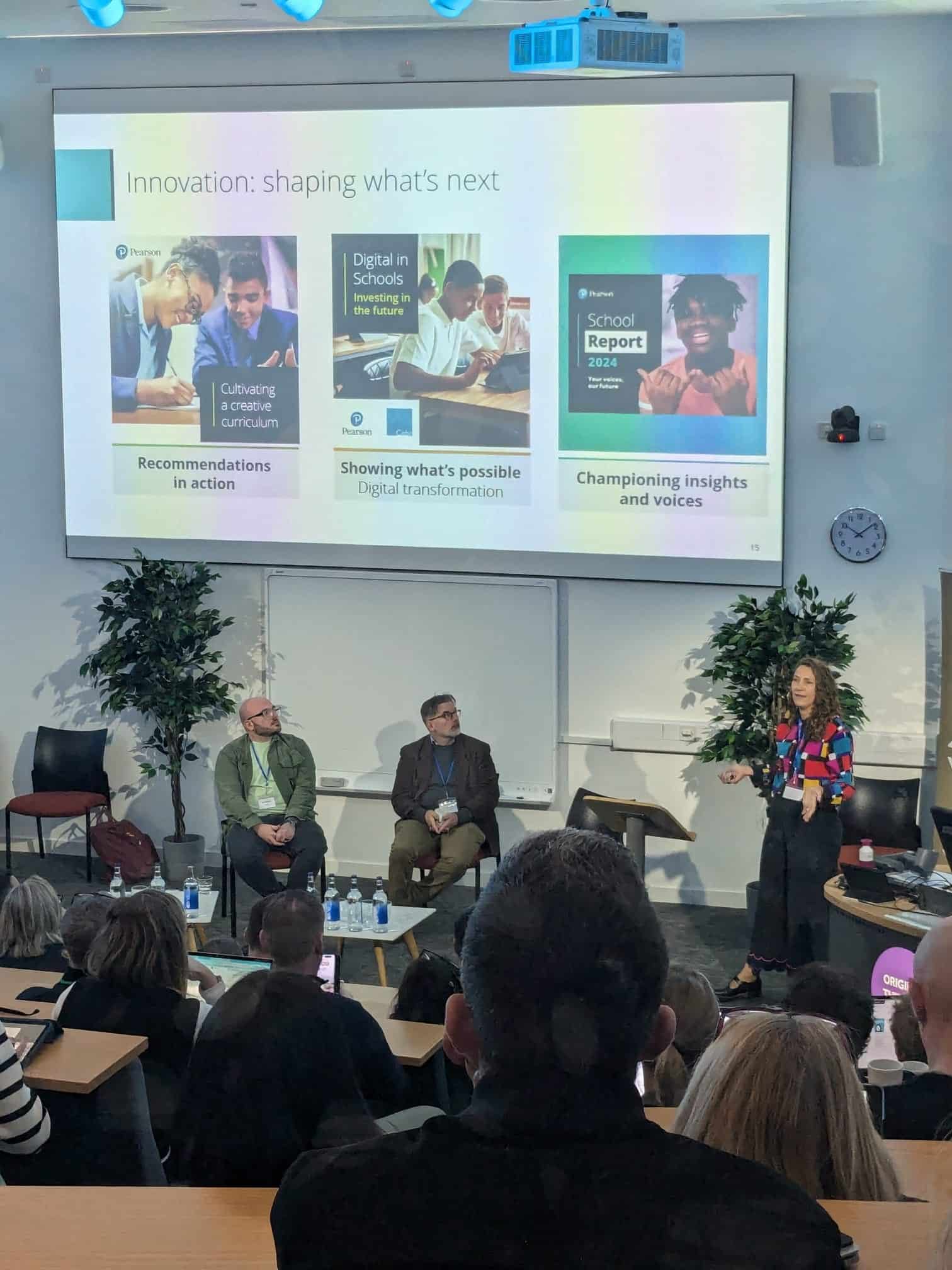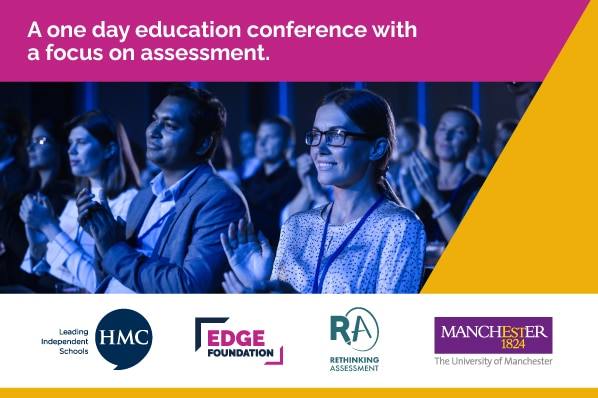Blog
Next Generation Assessment: Innovation Lab Highlights

The Rethinking Assessment Team
Read the blog
In a rapidly evolving educational landscape, teachers and school leaders are increasingly seeking assessment methods that recognise a broader range of capabilities and strengths. At the Next Generation Assessment Conference this year we introduced a new ‘Innovation Lab’, giving three organisations the opportunity to share what they are doing to develop assessments that support all young people to thrive, and trends that they are excited about.
This blog gives a summary of three contributions from AQA, Quizziz and Pearson. You can watch the full presentations below and access further in the Digital Toolkit here.

Alex Scharaschkin, AQA – Enhancing Accessibility and Digital Transformation
Alex Scharaschkin from AQA opened the discussion by emphasising the importance of educational assessment and high quality formative assessment, beyond just summative exams. He highlighted five key areas where assessment is evolving:
- Digital Exams – Over the next five years, digital assessment will become increasingly common, enabling greater accessibility and inclusivity. Digital tools will also assist teachers in gathering and analysing data to support formative assessment, making everyday classroom interactions a crucial part of the learning process.
- Accessibility – linking to developments in technology, Alex shared that AQA are actively looking at different ways of presenting tasks designed to elicit responses from students which can be facilitated by digital technologies. Digital formats allow for adjustments such as font changes, text-to-speech functionality, and alternative response methods, making exams more equitable for all students.
- Artificial Intelligence (AI) in Assessment – AQA is actively developing AI-driven tools that support assessment, from automating marking processes to generating personalised feedback. The focus is on using AI ethically to enhance learning rather than replace human judgment.
- EdTech Integration – AQA is working on digital tools that help students apply numeracy skills in real-world scenarios, such as financial literacy and problem-solving, ensuring that learning is relevant beyond the classroom.
- Assessment doesn’t equal numbers – There will be a move towards holistic assessment approaches, moving beyond scores and grades. New assessment models aim to provide detailed, constructive feedback that helps students understand their progress and areas for development

Ben Whitaker, Quizizz – Making Assessment More Authentic and Inclusive
Ben Whitaker from Quizizz,discussed the importance of authentic assessment—ensuring that what students learn in the classroom connects directly to real-world applications. He outlined key challenges with traditional assessment and how Quizizz is addressing them:
- Personalisation and accessibility – Quizizz allows students to engage with content at their own pace, with accommodations for different learning needs (controlled at the student level to support agency and dignity), such as adjusting difficulty levels and removing leaderboards to reduce anxiety.
- AI-Generated assessment tools – Using AI, Quizizz creates assessments from uploaded documents, scanned images, or existing teaching materials, making it easier for teachers to design personalised learning experiences.
- Diverse question formats – Moving beyond multiple-choice questions, Quizizz includes interactive elements like video and audio responses, drag-and-drop matching, and open-ended questions to assess higher-order thinking skills.
- Mastery learning – The platform supports retrieval practice and spaced repetition, ensuring students revisit and reinforce their learning over time, rather than relying on last-minute exam preparation.
By integrating these innovations, Quizizz is working to make assessment a tool for learning rather than simply a means of measuring student performance.

Meredith Reeve, Pearson – A Future-Focused Approach to Assessment
Meredith Reeve from Pearson shared insights from Pearson’s research, highlighting educators’ and students’ concerns about engagement, accessibility, and inclusivity.
Pearson’s report Qualified to succeed: Building a 14 -19 education system of choice, diversity and opportunity Pearson’s report into the Future of Qualifications & Assessment in England underpins their current strategy.
She identified three key areas where Pearson is driving innovation:
- Unlocking Pathways and assessing the right skills in the right way – for example AI and ‘future skills’,enabling learners to highlight their strengths and successes, not just in the mode of assessment but thinking about learning and assessment more broadly. Pearson are running Project Qualification innovation pilots currently.
- Digital transformation in assessment – Pearson has been pioneering modified and on-screen exams, with thousands of students already taking digital GCSEs and A-levels. This shift offers more flexibility, including remote invigilation for students unable to attend in-person exams due to geographical or personal circumstances, and this has reached 6,000 students sitting remote exams over the past 3 years. Pearson currently offers 11 subjects where students can choose to do paper or on-screen examinations. Additionally, in the summer of 2024 Pearson received around 100,000 word processed scripts.
- Diversity and inclusion in curriculum and assessment – Pearson’s ‘Lit in Colour’ initiative has significantly increased representation of diverse authors in English literature exams. The goal is to make assessments more relevant and engaging for students from all backgrounds.
- Evolving the exam system – Pearson believes in the reduction of the volume of written exam based assessments and is also advocating for a change to the GCSE resits policy. Pearson recently published their report, Cultivating a Creative Curriculum which explores alternative assessment models such as project-based learning and practical applications.
Meredith emphasised that while digital assessment is advancing, the education system needs to ensure that policy keeps pace, allowing more space for innovation in schools.
Towards a more Inclusive and Meaningful Assessment Landscape
Across all the Innovation Lab contributions there was a common theme: in the future assessment has the opportunity to become more aligned to tools which support personalisation, inclusivity, and real-world relevance. Teachers and school leaders have a critical role to play in shaping this future by advocating for assessment methods that support diverse learning needs and recognise a wider breadth of knowledge, skills and strengths.
With advancements in AI, digital tools, and more holistic approaches, we have the potential to move towards an education system that values what students know, how they think, and what they can do—rather than just their ability to recall information under exam conditions.


